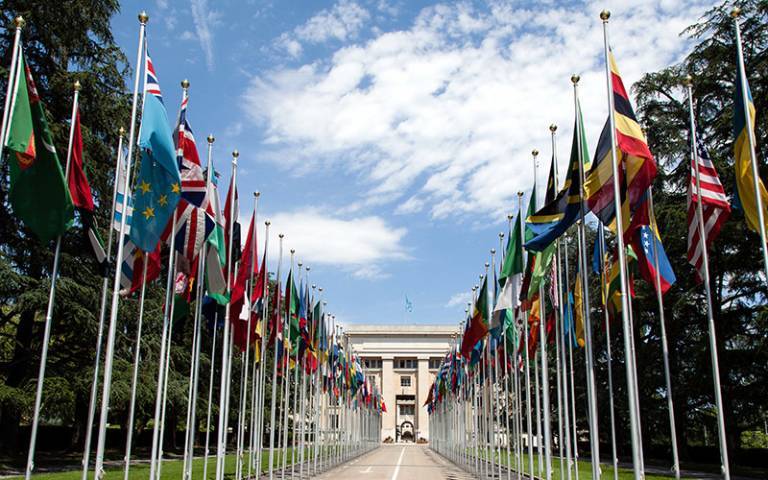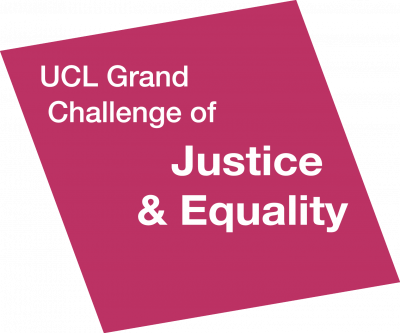Business and Human Rights – Beyond the Treaty
An evening workshop considering how best to move the business and human rights agenda forward.

2 October 2018
The introduction of the United Nations Guiding Principles on Business and Human Rights in 2011 made considerable progress in defining the human rights responsibilities of business. However, since then progress on moving the business and human rights agenda forward has been stilted at the international level. As a result, norms for business responsibility for human rights remain mostly couched in negative responsibilities – that is to ‘do no harm’ – apart from responsibilities of due diligence. At the same time, newspaper headlines warn of gig economy workers being exploited, supply chains in diverse industries from fashion to tuna using slave labour, and artificial intelligence being used to divide communities and deny human rights. It is thus clear that more must be done.
One possibility of shifting the agenda forward is through the rapidly progressing binding business and human rights treaty. Yet the treaty poses its own challenges, such as in regards to scope, definitions of liability, and political commitment, among others.
UCL Grand Challenges provided funding to support an event, Moving the Business and Human Rights Agenda Forward: Beyond the Treaty, to bring together a distinguished panel of speakers to debate and consider how best to move the business and human rights agenda forward. Should the international community rely on the treaty to better define norms at the international level? If so, how should this be done? Or are there other innovations, such as those occurring at the domestic level, that are more suitable for better defining business responsibilities for human rights? This event was a collaboration between UCL Laws and the UCL Global Governance Institute.
 Close
Close


